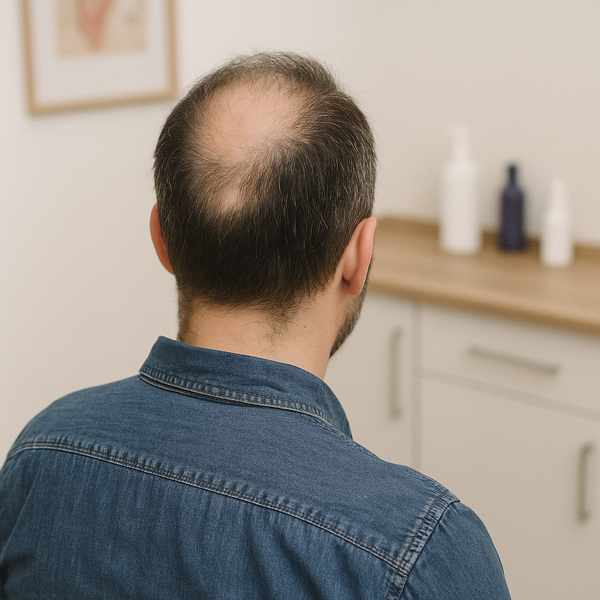Hair Loss After Losing Weight: What You Need to Know
Hair Loss After Losing Weight: What You Need to Know
Blog Article

Many people notice their hair thinning during or after a weight loss journey, which can be alarming.
Understanding why this happens and how to protect your hair can help you reach your goals without compromising your confidence.
Why Hair Loss Happens During Weight Loss
When your body undergoes a major change — especially fast weight loss — it can respond by pausing non-essential functions like hair growth.
Common causes include:
- Nutrient deficiencies
- Extreme calorie restriction
- Hormonal imbalances
- The body reacts to sudden changes
Temporary Hair Loss Explained
Most hair loss related to weight loss is called telogen effluvium.
Key facts:
- Usually occurs 2–3 months after weight loss begins
- Hair falls out evenly across the scalp
- Hair usually grows back with time
What Your Hair Needs to Thrive
If you're trying to lose weight, be sure not to miss these nutrients:
- Protein
- Carries oxygen to hair follicles
- Vital for cell renewal and keratin production
- Zinc
- Linked to healthy follicles and hormonal balance
Skipping meals or using crash diets can easily lead to deficiencies that trigger hair loss.
Can You Prevent Hair Loss While Losing Weight?
You don’t have to choose between losing weight and keeping your hair.
Tips include:
- Aim for 1–2 pounds per week
- Eat a nutrient-rich diet
- Especially during calorie restriction
- Manage stress and sleep
- Hair needs water, too
What to Do If You’re Already Losing Hair
If you notice excessive shedding:
- It’s likely temporary
- Get bloodwork done
- Focus on protein and iron intake
- Avoid tight hairstyles and harsh products
- Hair regrowth takes a few months
Should You Talk to a Doctor?
If hair loss continues beyond 6 website months or worsens significantly, it's a good idea to consult a healthcare provider.
- Thyroid dysfunction
- Can trigger more permanent forms of hair loss
- Need professional correction
Conclusion
Weight loss and hair loss can be connected, but they don’t have to be permanent partners.
Prioritize nourishment, patience, and consistency, and your body will thank you — from head to toe. Report this page